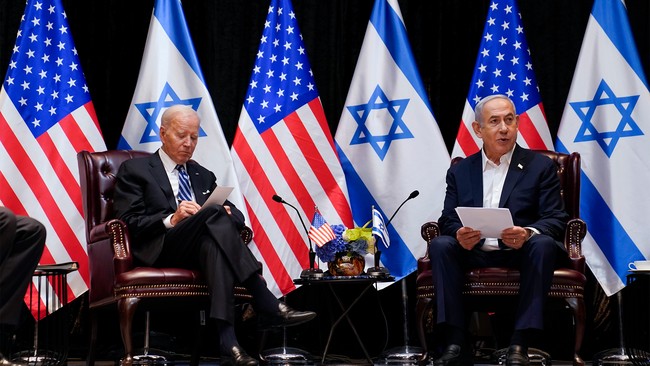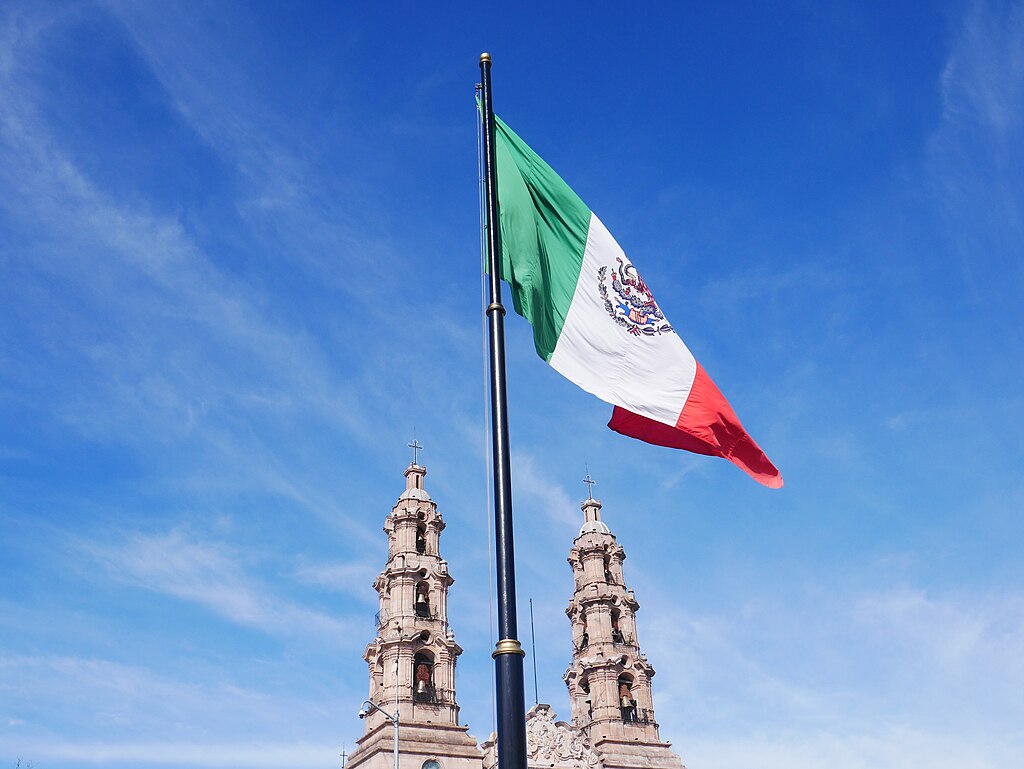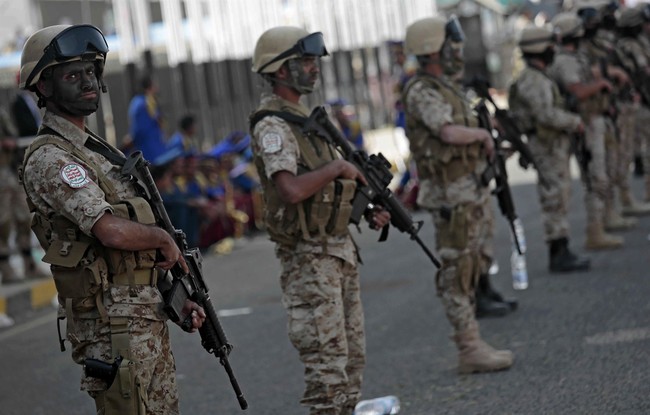Biden and Netanyahu Clash Over Gaza Hostage Crisis
In a critical moment for international diplomacy, President Biden and Prime Minister Netanyahu face mounting pressure over the failure to secure a deal for hostages held by Hamas.
Published September 03, 2024 - 00:09am

Image recovered from townhall.com
The ongoing hostage crisis involving Hamas and the Israeli government has led to significant tension between the United States and Israel. President Joe Biden recently criticized Israeli Prime Minister Benjamin Netanyahu for not doing enough to secure a hostage deal after the bodies of six hostages, including Israeli-American Hersh Goldberg-Polin, were found in Gaza. Biden expressed his frustration about the lack of progress, highlighting the urgency of finalizing a deal with Hamas.
Amidst these criticisms, it has been reported that Biden and Vice President Kamala Harris met in the White House Situation Room to discuss a deal aimed at the release of the remaining hostages. According to Biden, both sides are very close to a ceasefire and a hostage release deal, although he remains cautiously optimistic about its success. The discovery of the hostages' bodies in Rafah has only intensified Biden's call for Hamas leaders to face consequences for their actions.
Netanyahu, on the other hand, has faced immense pressure domestically. Protests and strikes have erupted across Israel, with Israelis demanding a ceasefire deal that would ensure the release of the remaining hostages. The largest trade union in Israel, Histadrut, called for a general strike to pressurize the government further. This action has disrupted major sectors of the economy, including banking, healthcare, and the country's main airport. The frustration is palpable, and Netanyahu's coalition government, which includes far-right allies opposed to any agreements with Hamas, has been criticized for perceived delays in negotiations.
The Biden administration has been accused of weak responses, especially by conservative critics. Biden's return from vacation and subsequent meeting with Harris to discuss the hostage situation have been painted as mere posturing without substantive action. Critics argue that Biden and Harris have failed to take decisive actions against Hamas, instead favoring negotiations that some feel empower the militant group. This criticism is particularly sharp from the right-wing media, which sees the administration's approach as a sign of weakness.
The humanitarian toll of the Gaza conflict has been devastating. According to local health authorities, Israel estimates that over 100 hostages are still being held by Hamas, while the ongoing war has resulted in over 40,700 Palestinian deaths, mostly women and children, and injuries to more than 94,100 individuals. The blockade of Gaza has led to severe shortages of essential supplies, leaving much of the region in ruins. The situation has prompted international criticism and accusations of genocide against Israel at the International Court of Justice.
Amidst the political and humanitarian crisis, there are broader implications for U.S.-Israel relations. Biden's administration has tried to balance support for Israel with calls for restraint, while Netanyahu's government faces scrutiny for its handling of the conflict and hostage negotiations. The Washington Post has reported that the U.S. plans to present a 'take it or leave it' ceasefire deal to both parties, a move that underscores the urgency and complexity of the situation.
The death of Hersh Goldberg-Polin, who was attending a music festival in southern Israel when he was kidnapped by Hamas, has become a symbol of the tragedy and urgency surrounding the hostage crisis. His funeral in Jerusalem brought together mourners and highlighted the personal cost of the political impasse. President Isaac Herzog, at the funeral, apologized on behalf of Israel for failing to protect Goldberg-Polin, while his parents vowed to ensure that his death would inspire action and change.
Despite Netanyahu's insistence on continuing the fight against Hamas until its destruction, there is growing consensus that only a negotiated deal can safely bring the hostages home. The Israeli military acknowledges the difficulties of rescue operations and the necessity of a deal. However, critics argue that Netanyahu may be prioritizing his political survival over the hostages' safety, with his government's actions during the October 7 attacks and subsequent military campaign under scrutiny.
As of now, the future remains uncertain. The Biden administration's proposed ceasefire deal, in collaboration with Egypt and Qatar, may offer a last chance for resolution. Families of the hostages and the international community await the outcome, hoping for an end to the violence and the safe return of the captives.







